Careful consideration should be given to a company’s legal structure. Some questions to ask:
- How many owners will there be?
- How important is it to limit personal liability for debts or claims against the business? In general, incorporating is the best means of limiting liability.
- Which business structure will result in the lowest taxes? There is no universal answer to this question. Tax-wise, however, some structures are better than others.
Corporations Division of Department of Consumer & Regulatory Affairs can provide general information on each organization type but strongly suggests you contact an attorney and/or an accountant before making a final decision on what structure best suits your business needs.
If you would like to operate in the District of Columbia as a nonprofit and for-profit corporation, limited liability company, limited partnership, limited liability partnership, general cooperative association, limited cooperative association and statutory trust you must register with Superintendent of Corporations of Corporations Division of the Department of Consumer and Regulatory Affairs.
For more information including corporate registration requirements with DCRA’s Corporations division, please, click on each organization type below.
Limited Liability Company (LLC)
An LLC is a hybrid business that draws advantageous characteristics from both corporations and partnerships.
Advantages
- Profits and losses pass through the company to its owners for tax purposes
- Personal assets are protected from business liability
- No limitation on the number or nature of owners
- Simpler to operate than a corporation
- Not subject to corporate formalities
- Owners may participate in management of the business
Disadvantages
- Legal assistance is needed to properly set up and structure an LLC
- Professionals—such as lawyers, architects, accountants, engineers and doctors, etc.—shall register Professional LLC (PLLC).
C (General) For-Profit Corporation
A business formed by law as a separate legal entity from its owners (stockholders and shareholders).
Advantages
- Has a lifespan independent from its owners (stockholders)
- Fringe benefits costs are tax-deductible
- Personal assets are protected from business liability
- Ownership can be transferred through the sale of stock
- Easy to raise operating capital through the sale of stock
- Ownership can change without affecting its day-to-day management
Disadvantages
- Incorporating involves considerable start-up expenses
- Subject to more district and federal legislation
- Corporate earnings subject to double taxation
- Many legal formalities exist when filing and trying to maintain corporate status
- Activities are limited
A business similar to a General Corporation, with the exception of specific IRS requirements.
Advantages
- Already exists as a corporation
- Corporate earnings avoid double-taxation
Disadvantages
- Difficult to qualify for IRS requirements
An organization that has no owners, gives no income (except salaries/expenses) to members, directors or officers and must have a Board of Directors.
Advantages
- Tax Exemption
- Business Operation Flexibility
Disadvantages
- Merger limitations
A business similar to a general partnership, however, one invests assets into the business at their own risk and is limited to the amount of capital invested. The investor is not involved in management and does not share in the liability for debts or losses.
Advantages
- Relatively easy to establish
- Partners share in start-up expenses
- Financing is easier to obtain than for a sole proprietorship
- Partners share all profits and reap all benefits of ownership
- Limited Partnership partners’ assets are not at risk from creditors
Disadvantages
- More expensive to set up initially, due to the requirement for a written agreement
- Operating (general) partner has unlimited liability for business expenses
- Loss of one partner may dissolve the business
- Partnership may be difficult to end
Limited Liability Partnership (LLP)
A business where partners are given the same limited liability protection as professional corporations.
Advantages
- Tax advantage of flow-through tax treatment for LLP partners
- Not subject to the numerous limitations regarding ownership, capital structure and division of profits
- Simple and familiar for an existing partnership to elect to become an LLP
Disadvantages
- A sole owner cannot set up an LLP as a partnership, an LLP must have at least two partners to exist
Cooperative Association (General Cooperative Association or Limited Cooperative Association)
A cooperative is a business or organization owned by and operated for the benefit of those using its services. Profits and earnings generated by the cooperative are distributed among the members, also known as user-owners.
Advantages
- Less Taxation.
- Funding Opportunities
- Reduce Costs and Improve Products and Services
- Perpetual Existence
- Democratic Organization
Disadvantages
- Obtaining Capital through Investors
- Lack of Membership and Participation
Business Statutory Trust
New type of business entity, which is the entity of choice for several categories of business transactions – namely, organization of mutual funds, asset securitization, and tax-advantaged real estate transactions.
Sole Proprietorship
A business that is owned by a single individual.
Advantages
- Minimal legal restrictions or requirements
- Not required to pay unemployment taxes
- Easiest and least expensive to set up
Disadvantages
- No unemployment benefits if the business fails
- Personally liable for all business transactions
General Partnership
Advantages
- The partners share workload and responsibilities
- The partners share all profits and reap all benefits of ownership
Disadvantages
- Each partner is bound by the actions of the other partner
- Loss of one partner may dissolve the business
For more detailed information about how to start business and different type of organization please consult the following website by US Small Business Administration - https://www.sba.gov/starting-business








